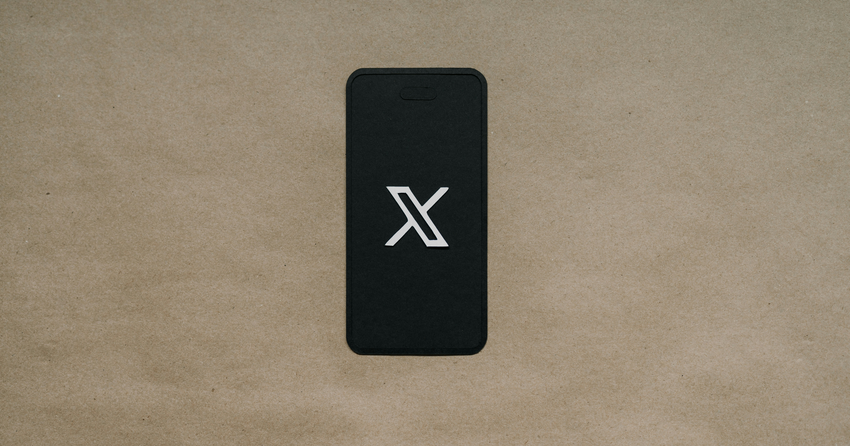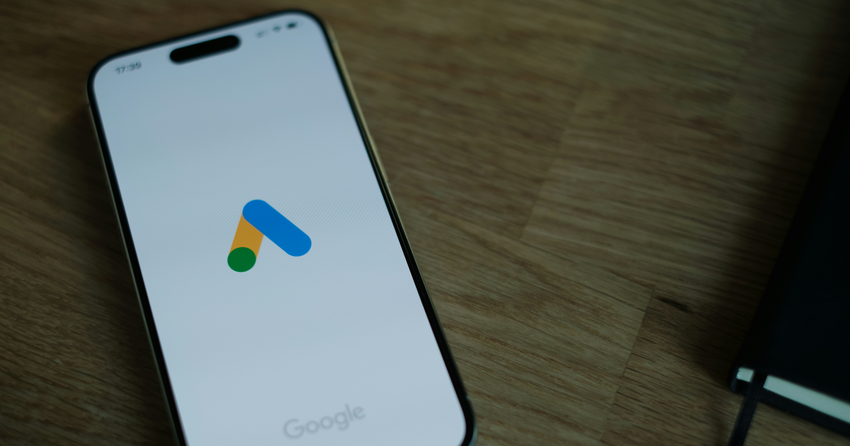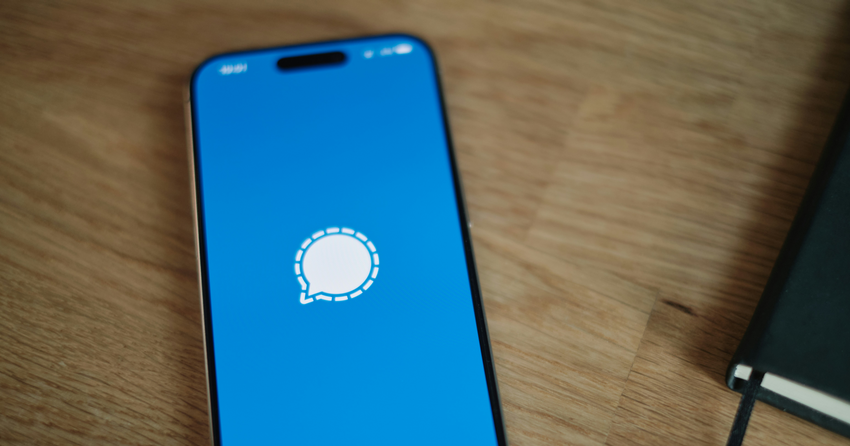
Google Bard Updated With Coding Capabilities
Google has announced an update to Bard, its Generative AI experiment, that is designed to help people create, debug and explain pieces of code.
Since launching Bard for a limited number of beta testers, one of its most requested features was the addition of coding capabilities. Last week, Google announced that Bard can now help with software development tasks.
Bard can assist with more than 20 programming languages, including C++, Go, Java, JavaScript, Python, and TypeScript. Users can input prompts to create snippets of code. New developers can use Bard to explain pieces of code and translate code from one programming language to another.
The chatbot can also be used to debug code written by the user or Bard itself. It will suggest possible sources of the problem, areas to investigate, and lines of code that may need to be updated.
Bard’s integration into other Google products eliminates complexity. For example, Bard can export Python code into Google Colab, and it can write functions for Google Sheets.
Google has warned, however, that Bard is still an early experiment and “may sometimes provide inaccurate, misleading or false information while presenting it confidently.” Developers should use caution and diligently review any code snippets created by Bard before including it in applications.
Bard may provide incomplete code or working code that doesn’t produce the outcome expected by the user. It can also produce correct code snippets with expected outcomes, although the code itself is not optimized – which may lead to software that runs slowly or requires additional processing resources.
This new update brings Bard one step closer in its efforts to catch up with OpenAI’s ChatGPT, which has already deployed coding capabilities. Bard remains in limited testing in the UK and the US and no date for a larger deployment has been announced.













